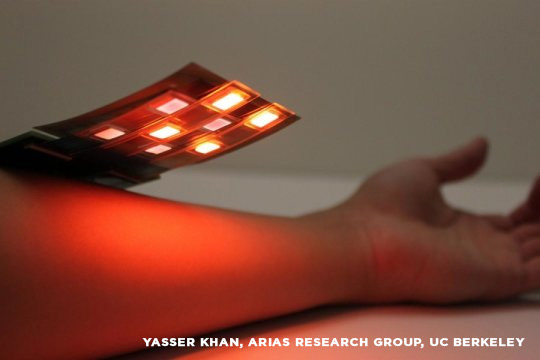
“High powered drones will be used to find people not wearing masks and cars too far from home,” reported local television station 7News Melbourne news report. According to the report, the drones can be flown up to a distance of 7 km (4.3 miles) and can produce clear images that can show a vehicle’s license plate number from 500 meters (1,640 feet) away.
Melbourne’s drones are just the latest measure employed in what has become one of the most draconian coronavirus lockdowns in the developed world. They follow the declaration of a “state of disaster” in the state of Victoria in response to a new surge in COVID-19 cases.
Will the drones go away once the pandemic is over?
In light of the drones’ imminent deployment, privacy advocates have raised concerns that there is no sunset clause for the use of the drones and that authorities could continue to use them to spy on citizens even after the pandemic ends.
“Often in these moments of crisis we will introduce new forms of technology, new forms of surveillance, and they’re very difficult to dismantle at the end of the crisis,” said Lizzy O’Shea, a lawyer and chair of Digital Right Watch, during an interview with radio station 3AW.
“I’m not convinced that once police push to a higher watermark of surveillance that they’ll be prepared to return to levels of pre-pandemic.”
Even before the drones, Australian authorities have instituted a wide range of measures, all in the name of slowing the spread of the disease.
Australian police have been given the power to enter people’s homes without a warrant and perform quarantine spot checks.
Meanwhile, drivers now have to show their papers at highway checkpoints just to get to work.
On top of all this, authorities have also tapped Australian Defence Force troops to patrol parks and other outdoor areas.
All of these are to enforce rules that levy massive fines against people caught outside without wearing a mask or violating the 8:00 p.m. to 5:00 a.m. curfew.
The increased enforcement has already led to several incidents. This includes several instances of police physically tackling people for not following the mask rules. These include one incident where a male police officer placed a woman in a chokehold.
Minor infractions are also dealt with heavily. In one instance, police fined a couple for simply allowing their child to play further than 5 km from their home. In addition, they seized the computers of two men who were planning an anti-lockdown protest.
Victoria state sees surge of coronavirus cases
The draconian measures in Victoria, of which Melbourne is the capital of, come after the state was hit with a surge of coronavirus cases. The state saw an increase of 2,587 cases in the first week of August alone.
On Wednesday, August 19, health officials announced that the state had reported an additional 1,861 cases for the past week – a decrease from the week prior to that but still high compared to previous months.
When the state was under lockdown in May and June, its caseload had remained quite low. It was only in July that cases started rising. (Related: Boon or bane? Australia’s response to coronavirus means lower caseloads, but a year-long lockdown.)
Now, with infection rates reaching unprecedented numbers in the state, authorities are looking at tightening restrictions to get them back down again. People, however, are concerned that it comes with a cost.
“People have a right to be able to go about their lives without constantly being watched by police,” O’Shea said. “The use of drones by police is something that you’d expect, I think, somewhere like China and Russia.”
Follow Pandemic.news for more updates on the fight against the coronavirus around the world.
Sources include:
Please contact us for more information.























